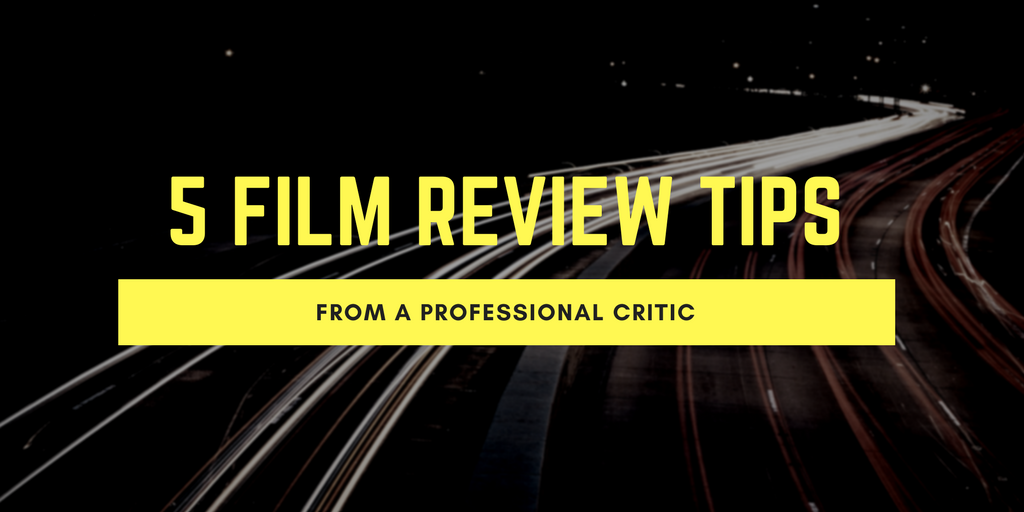
If you’d like to try your hand at film review but are unsure where to begin, we have some top tips from Alistair Harkness (@aliharkness), film critic for The Scotsman. Ali taught the film review workshop we ran earlier this month.
#1 – Start writing.
Don’t sit and stare at a blank page. Writing is hard. If it was easy everyone would do it. Sometimes words, thoughts, sentences come tumbling out in ways that make perfect sense. Those are great moments. Savour them. Mostly it doesn’t happen this way. Mostly writing requires a bit of graft, a bit of craft, a bit of sculpting. You often need to chip away at your ideas until they take a form that makes sense to you. That’s easier to do when you have words on the page, not just in your head.
#2 – Watch the film you’re writing about closely.
Try to analyse why you like it (or don’t like it). Think about the themes, the performances, what the cast bring to it, what the dialogue and the music adds, how the director moves (or doesn’t move) the camera. Think about films you might have seen that are like it. Can you make any useful comparisons? You don’t have to mention all of these things in a blog or an article, but thinking about them can help you figure out why you feel a particular way about a film. You might even find your initial option altering the more deeply you think about it. That’s part of the process.
#3 – Don’t worry about plot summary.
Focus on what the film is about — what it says to you, what it means to you, what it might mean to someone else. By all means describe what happens in the film as accurately as you can, especially if you’re trying to make or back-up a point. But don’t write a detailed account of everything that happened. Wikipedia-style plot summaries are not interesting. We remember moments in movies and how they make us feel. Zero in on those. And make it as personal as you want. Opinion is subjective. If you’re writing about what a film means to you or what it says about something you’re interested in, it’s important to get your own point of view across.
#4 – Use language you feel comfortable with.
You don’t need to fill it with jargon or technical terms (unless you know about those things). It’s more important to get your ideas across clearly. Short sentences can be good. They make an article punchy and easy to read. But long sentences have their place as well, as long as they’re punctuated properly. Commas, dashes, ellipses, colons can be used to prevent a sentence from becoming word soup and losing all meaning. You can also alter the rhythm of an article in useful ways by mixing long and short sentences. Following a long sentence with a shorter sentence can really emphasise a specific point. In a big way.
#5 – Try to engage yourself and any potential readers quickly.
You don’t have to spell everything out in the first paragraph, but try to give some sense of where a particular review or article or blog post is going. Quickly get to the heart of what interests you and you might find it easier to stay motivated while writing, which in turn might help anyone reading your work connect with it. But it’s important to write for yourself in the first instance and not worry too much about who might or might not read it.
If you’d like to write a film review for us, whether it’s a new movie or a classic then we’d love to hear from you.


No comments yet.